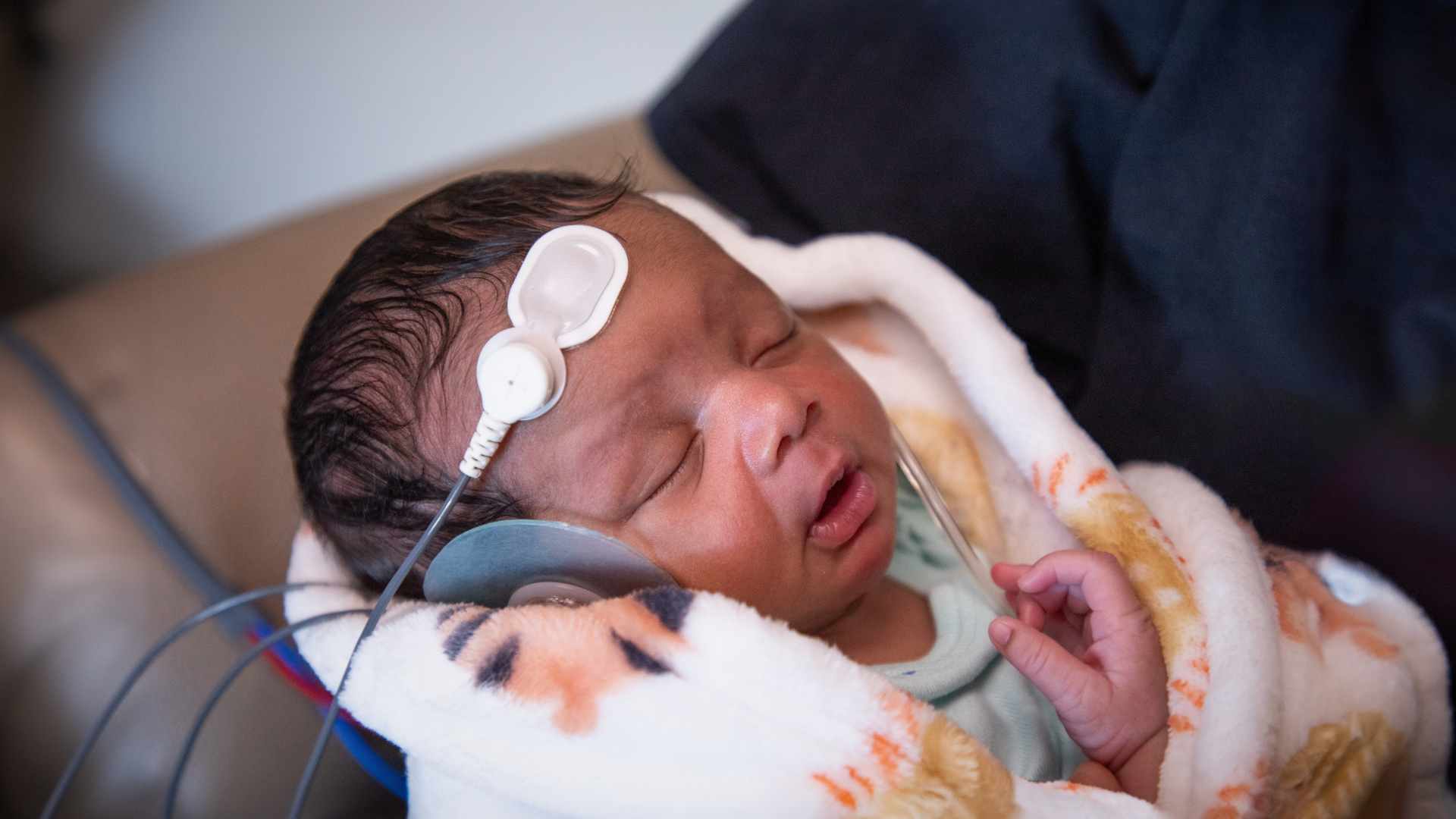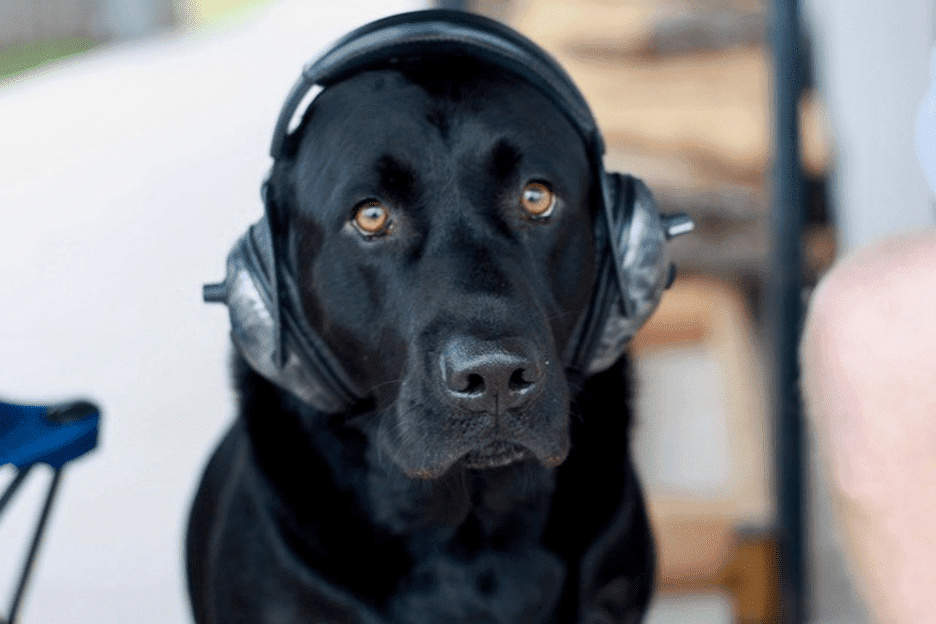One favorite pastime for new parents is smiling at their newborn and getting that smile or giggle in return. It tells parents their new bundle of joy sees them, and that their vision is probably normal. What about hearing? How do you know that your baby is hearing as he or she should? Keep reading for a parent’s guide to newborn hearing screenings.
Hearing Helps Little Brains Grow
Don’t underestimate the need for a newborn hearing screening. It helps them understand the world around them. Every time you or someone else interacts with your little one, new connections in their brain grow even as you talk, sing, or read to them.
Hearing helps them learn to listen and understand speech. For that reason, many hospitals are designated to do a hearing screening before they leave the hospital. Therefore, many parents know immediately if their baby has hearing issues.
If the hospital does not do a screening, parents should get one during the baby’s first month of life and at other milestones.
All children need routine hearing tests since hearing can change as they grow.
Recommendations From the American Academy of Pediatrics
There are specific guidelines set up by the AAP for children to be screened for hearing problems, and they support the guidelines set by all 50 states.
They recommend yearly screening for children ages 4 through 6 followed by additional tests at age 8 and 10.
Adolescents should have at least 3 screenings to detect any changes including between 18 and 21 years of age.
Early screening is essential to identify any babies who need early intervention to learn language skills.
Why Are Regular Screenings Important?
Regular screenings help to uncover any hearing changes as a child grows. There are a number of reasons a child’s hearing can change. They include:
- Frequent ear infections
- Head injuries
- Exposure to very loud noises
- Measles or meningitis
- Secondhand smoke
In addition, a baby who spent time in the NICU is more at risk for having hearing problems.
What to Do If There Are Changes in Your Child’s Hearing
Sometimes parents notice subtle changes in their child’s hearing. Note if your child does not:
- React to loud noises
- Is slow to sit or stand without support
- Shows no reactions when you read to them
- Hears some sounds but misses others
- Is hard to understand
What Happens If Your Child Does Not Pass a Hearing Test
If the results of your baby’s first hearing test indicates some hearing loss, schedule another test within a few weeks. If another test indicates concern, make an appointment with an experienced pediatric audiologist at Hearts for Hearing in Oklahoma City and Tulsa for a complete follow up exam. This should be done no later than 3 months of age.
Early intervention by 6 months old is key to ensure your child is on a path of learning and language development.
Contact Hearts for Hearing at 405.548.4300 if your baby’s hearing screenings have shown some type of hearing loss.



